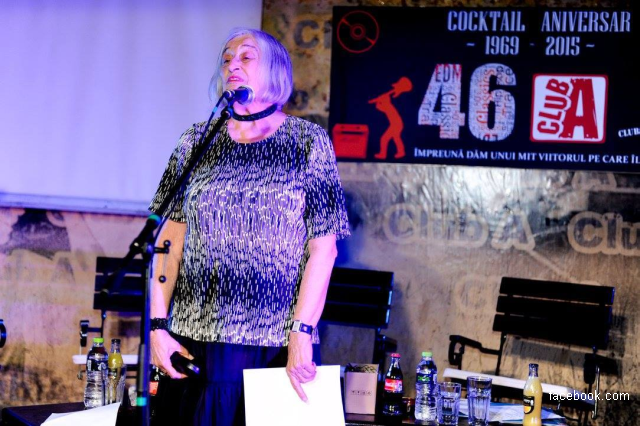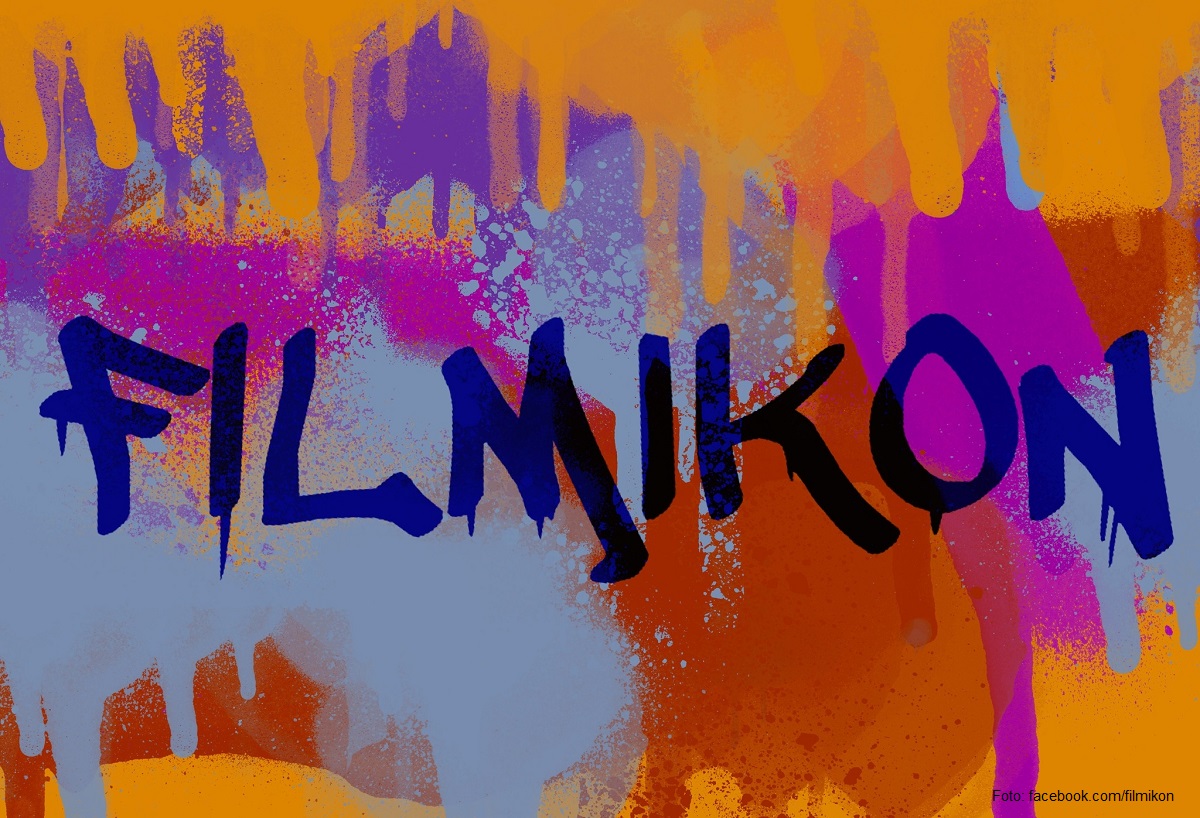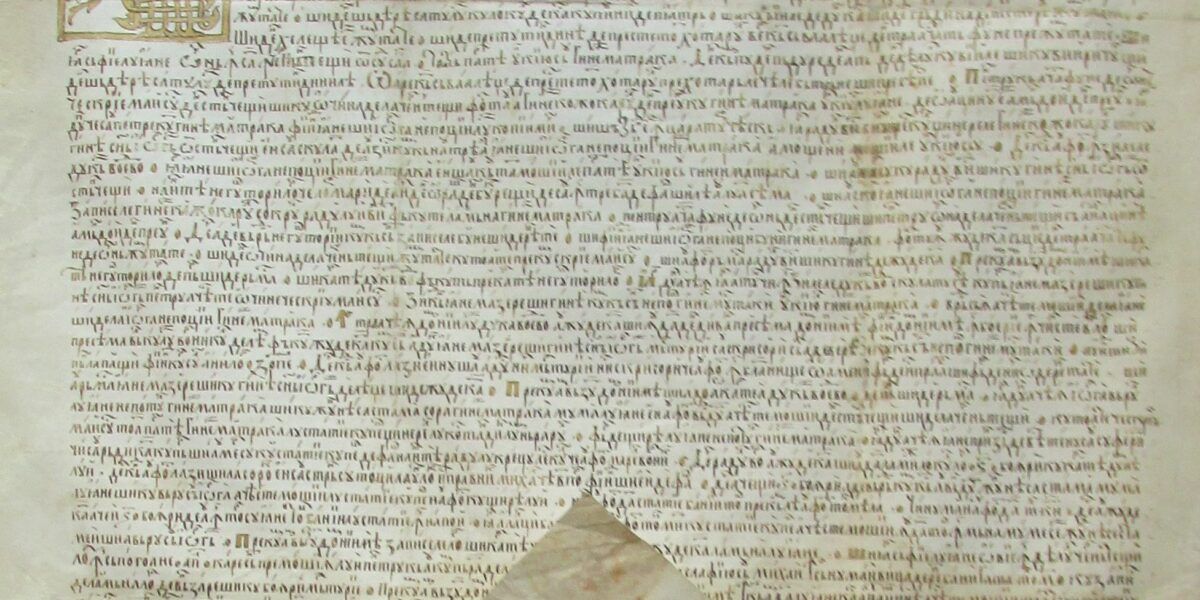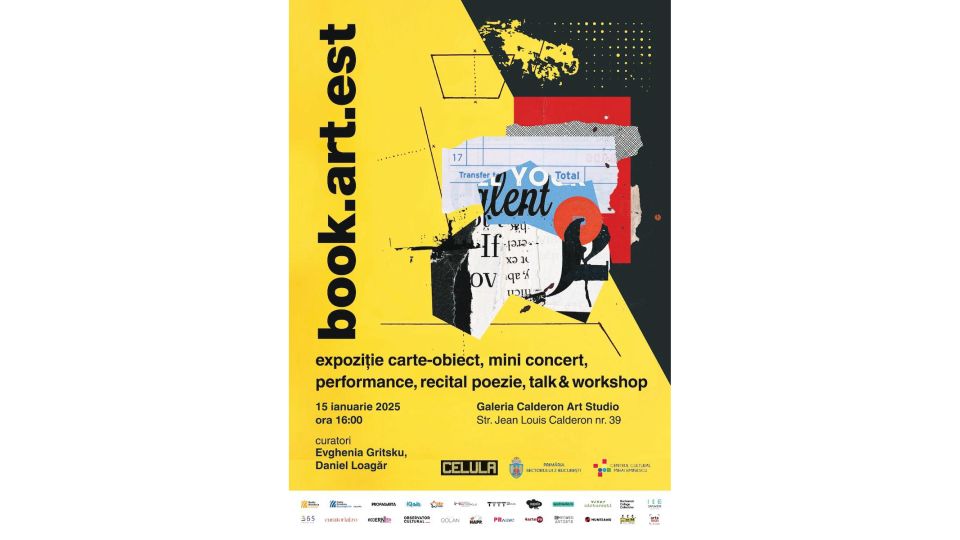Writer Nora Iuga
Nora Iuga receives state award for her contribution to promoting Romanias image abroad.

Corina Sabău, 01.07.2017, 13:52
This year, writer
Nora Iuga was awarded the National Order for merit in rank of Commander for her
dedication and the talent with which she got involved in promoting Romania’s
image abroad. It is not the first distinction for eighty-six year old Nora
Iuga. In 2015, Nora Iuga was awarded the Knight Commander’s Cross of the Order
of Merit of the Federal Republic of Germany. It was also Germany that in 2007
awarded Nora Iuga the Friedrich-Gundolf Prize, offered by the Deutsche Akademie
fur Sprache und Dichtung, the German Academy for Language and Poetry. It is a
distinction that usually goes to public figures who have contributed to the
promotion of German culture around the world.
Poet, prose writer and translator, Nora Iuga is a
member of Romanian Writers’ Union and of the PEN club. She has published almost
20 volumes of poetry, among which It Is not My Fault, published in 1968,
The Captivity of the Circle, a volume published in 1970 and withdrawn
from bookshops and libraries following a seven-year publication ban. This was followed by Opinions on Pain, published in 1980, The Heart as a Boxer’s
Punch, published in 1982 and 2000 The Sky Market, from 1986, The
Night Typist, published in 1996 and 2010, and The Dummies’ Hospital,
published in 1998 and 2010. Nora Iuga’s literary output also includes The
Hunchbacks’ Bus, published in 2001 and 2010, Party in Montrouge,
published in 2012, The Wet Dog is a Willow, published in 2013 and Listen
to the Brackets Crying, published in 2016.
The memory of the very first lines she wrote is still
very vivid to Nora Iuga. It all happened when she was a second grader in Sibiu,
central Romania. Here is Nora Iuga herself:
Suddenly, in the kitchen of the very modest house I used to live in with my parents, I remember myself doing my homework. On the
table I used to do my work, there was a history book and a little notebook,
while my father was doing his violin practice. Then I happened to write my
first poem. It was a confession I made on various other occasions, but that’s
how it really began. And that’s how the woman and the artist were born, as well
as the inquisitive, anxious spirit that has been enhancing up to the age I have
today. It is a spirit prompting me to be totally on my own, deciphering the
miracles of nature, the astral elements, the boreal aurora. I have been trying
to explain to myself as many as possible of the things I have encountered.
Oftentimes it seems to me it is as if I were in the early days of philosophy,
asking myself the same questions and problems that used to be raised in those
times. It is rather silly, it is ludicrous to confess something like that, you
as an intellectual. But I’m brimming with joy being able to find my own
explanations to a mystery.
Eighty-six year old Nora Iuga takes us by surprise
almost every year with a new volume, poetry and prose, a volume that does not
pass unnoticed by readers and critics, alike. It is exactly what happened with Listen
to the Brackets Crying, a volume brought out last year by the Cartea
Romaneasca publishers and rated as the 2016 Book of the Year by the Jury of the
Young Writers’ Gala. Notwithstanding, Nora Iuga says:
I have never set for myself the task of playing the
part of the model pupil. All that I did, I did out of an immense pleasure. And
God or the Engineer of genius, as I like to call him, took care of me and gave
me an amazing power. It’s true that in the last five or six years I brought out
a book, poetry or prose, on a yearly basis, and I believe I first and foremost
owe that rhythm to my loneliness. It is a complete loneliness which a person
with my vitality cannot stand unless I fill it with something which makes me
feel alive, which makes me feel that I can still be useful. I have never
favoured the idea of receiving ready-made things. What kept me alive was the
conviction that I could still give something to this world. I feel compelled to
give something, anything, to others and that makes me feel happy. But it was
not only loneliness that has helped me. I dare say I have a very good brain
and, for that, I once again thank that Engineer of genius.
A supporter
of the avant-garde, Nora Iuga thinks the experiment is the main generator of
innovation in literature. Nora Iuga
again:
I like this stage we’ve been going through in
poetry, as I feel we live on the borderline, that we’re getting closer to
another stage. In the wake of a minimalism that lasted very long, poets seem to
return to the avant-garde, to experiment. There are many good poets I admire
and I’d like to make a special mention of Robert G. Elekes. I am very happy
because I think he was my discovery. I discovered him at the Festival of German
Literature in Resita. Meanwhile he made his debut with a volume that enjoyed a
tremendous success, scooping the most important awards.
This year, jointly with Angela Baciu, Nora Iuga has
come up with a new poetry book, titled Prettier than Dostoievski. An
alert, colloquial dialogue, teeming with puns, political satire, daily
observations and literary references. The content of the book is divided into
25 brief scenes, where the running thread is followed in a very subtle way. It
is a sentimental story: two women await the arrival of a man they love, a
mister T., who must get back to them in full glory from a lion hunting party.
Each scene ends with the intervention of the Ancient Choir. The language makes
lots of references to expressions and verbal clichés, overused today. The
volume is emphatically Dadaist and can be considered as a bold endeavour to
rekindle the avant-garde.






























